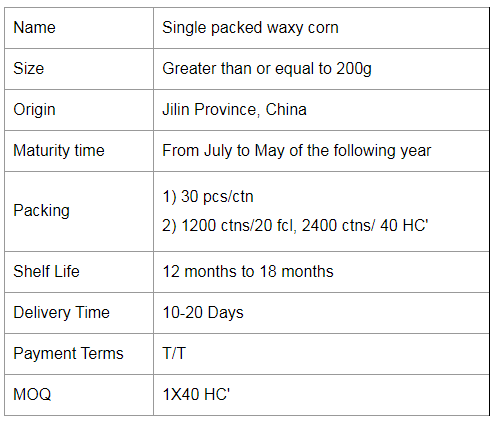Experts pointed out that at present, the quality of medical health data in China is not high, and the ability of data analysis needs to be improved.
"From a macro perspective, the main problems facing the development of big data applications in China are: first, most traditional enterprises and institutions do not know how to obtain value from big data, followed by insufficient data reserves and data islands." Communication Standards of the Ministry of Industry and Information Technology Li Haihua, deputy chief engineer of the institute, suggested that the data algorithm of IT communication should combine the characteristics of the medical health industry to promote data openness and clearly specify the specific requirements for data opening.
"The electronic historical data stored in China's major hospitals is limited, the data is scattered, and the analytical ability is insufficient. Compared with other industries, the medical industry does not have 'big data'." Liu Xiao, general manager of Derui Medical Consulting Co., Ltd. pointed out that data acquisition The premise is that the data is correct, the data format is correct, the data itself can be used, and the ability and method of data analysis may be more important than the data itself. For example, Liu Xiao said that Baylor University of the United States used IBM's Watson to extract more than 100,000 documents and found 10 kinases that may play an important role in cancer treatment. This finding was subsequently confirmed by traditional research methods.
How to improve data analysis capabilities? Liu Xiao believes that the first step is to ensure that data sources continue to increase, integrate disparate data sources, and combine daily clinical workflows with data analysis, with particular emphasis on improving data quality and data acquisition capabilities. In addition, improving the personal medical experience, improving the health of the population, and reducing the per capita medical expenditure are the main objectives of medical data analysis.
Single Packed Mottled Waxy Corn
Waxy corn comes in a variety of colours. Some people wonder if waxy corn is a genetically modified product. In fact, it is not. Waxy corn originated in China. It is caused by a genetic mutation. Artificial selection gradually led to the emergence of a type of tannin.
Waxy corn, also known as waxy corn, is sticky corn. The grain has coarse, waxy endosperm, similar to shiny, glassy (clear) grains such as hard and dented corn. Its chemical and physical characteristics are controlled by a recessive gene (wx), which is located on chromosome 9. 100% of the starch in the endosperm is straight-chain starch.
Coloured glutinous corn is generally white, yellow, red, purple and black, with white, yellow and purple corn being the basic colours. Purple and white hybrids naturally become purple if the purple gene "beats" the white gene and vice versa, so if the two tie we see white and purple corn. Purple can turn into red and black corn, or as we often say, "red is purple and black is purple". Of these colourful corn, the most common yellow waxy corn is the most nutritious as it is rich in carotenoids...
Currently, the only genetically modified foods sold on the Chinese market are soybean oil and papaya. Waxy maize is a hybrid variety and is not associated with genetic modification. Therefore, it can be concluded that glutinous maize is a hybrid variety and has nothing to do with genetic modification.
Genetic modification is a type of "genetic engineering" in modern science and technology, which makes use of modern molecular biology techniques. Hybridisation is the mating of individuals of different genotypes to produce offspring that are different from the original "pure" breed. In a sense, it belongs to the natural exchange of genes that can occur in nature.



Colorful Waxy Corn,Colorful Mottled Waxy Corn,Single Packed Mottled Waxy Corn,Single Packed Colorful Waxy Corn
Jilin Province Argricultural Sister-in-law Food Co., Ltd. , https://www.nscorn.com